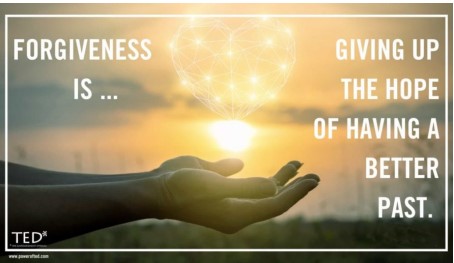The watch that ends the night
Psalm 90
Malachi 4:1-2
Luke 21:5-19
A thousand ages in thy sight
Are like an evening gone;
Short as the watch that ends the night
Before the rising sun.
Those time-honoured words of Isaac Watts are sung at most Remembrance Sunday services, because they put our fleeting mortality into the context of God’s eternity. Watts has exercised some poetic licence in his metrical rendering of Psalm 90. The Psalmist’s words were:
For a thousand years in your sight are but as yesterday:
which passes like a watch in the night.
Watts’ transposes this to the last watch before dawn. One of the glories of Britain is being able to see the immense beauty of a sunrise on cloud free day, despite the immense cold in the winter at dawn. Such experiences are always exhilarating and wondrously beautiful. And yes, Watts’ words ring true, the last watch is the shortest as the promise of the glory of dawn is experienced, not merely anticipated.
And indeed, dawn brings hope. When you’ve been awake in the dark hours, the problems weighing on your mind seem insurmountable in the darkness, yet when dawn comes, so often things can seem even just a tiny fraction easier. Those who’ve sat through the night in a hospital with a grievously sick relative know that the night feels simply endless. But dawn in some strange way seems to bring hope, not least, activity and people to talk to. We have made it through the night, thank God. Perhaps today will see some improvement.
Of course, there can be false dawns. Only time will tell whether Brexit or a Donald Trump presidency will be for good or ill. We simply seem to have moved so far away from the hope, the sense of a new and brighter dawn, that first heralded post-war European friendship and co-operation, or when Barak Obama was elected as the first African-American President. In the Battle of Jutland it was the fall of night that enabled the German Fleet audaciously to escape the British Grand Fleet commanded by Admiral Jellicoe. It was the dawn, the coming of the light that brought the hard realisation that the German Fleet had evaded almost certain destruction, with the sense of national incredulity, even shame, that Jutland was not the new Trafalgar.
Our Gospel reading tonight speaks of the destruction of the most cherished symbol of Jewish national and religious life: the Temple in Jerusalem. It speaks of division, war, famine, plague, persecution, hatred, harsh oppositions. It sounds like a darkness that can be felt. How hard it must have seemed for the fledgling Christian community to witness that there was a new Temple, Jesus Christ himself. And to speak of a new world, a new day when all people could see as Jerusalem was destroyed was darkness and misery.
In the tale of human history, no wonder therefore, that the Bible speaks so often of judgment, as in our reading from Malachi. There is to be a dawn, says, Malachi, ‘a day is coming’ when all the arrogant, all the evil-doers will be burnt like stubble. And the Psalmist, like Watts’, transposes roaring seas and floods and quaking mountains, not as signs of judgment being executed, but as the joyful harbingers of a judgment to come; a judgment characterised by righteousness, equity and truth.
But Malachi has another way of speaking about this dawn; he speaks of the dawning splendour of a greater and brighter ‘sun’, the ‘sun of righteousness’, the sun of justice, who will rise, bird-like, with healing in its wings. And that sun is Jesus Christ.
The truth is that, however dark the world seems, however many false dawns, or dawns of disappointment assail us, we stay with Isaac Watts. The last watch of the night is the watch where the promise of dawn is experienced not merely anticipated. For, as we look towards Advent and Christmas, the coming of the Sun of Justice has inaugurated the last watch of the night, a sure light that is the harbinger of the dawning of the great Day of Christ, who will come in judgment and salvation, a salvation which creation itself will celebrate and a redeemed humanity embrace.
Were you up early enough to see this morning’s sun-rise over Farnham? November and December sunrises on clear days are exquisitely beautiful. Watch out for them. They’re a sign of the Gospel to us. They are a sacrament of God in Christ, risen with healing in his wings.

